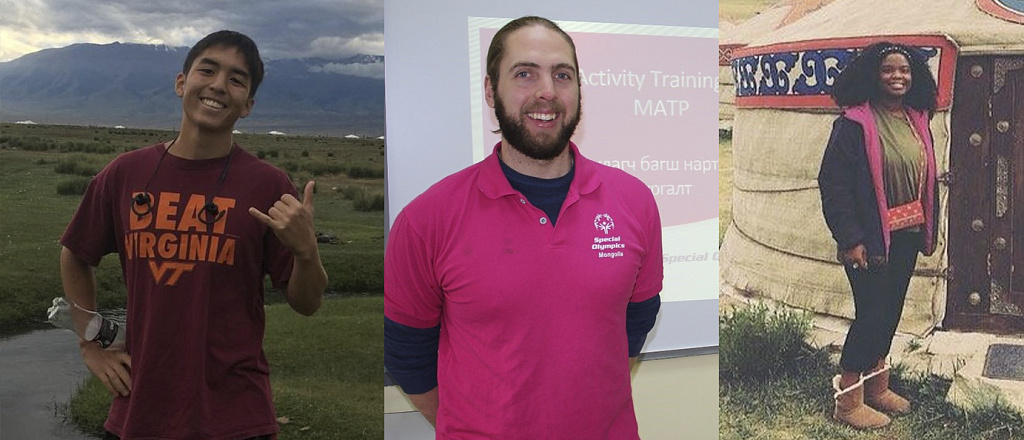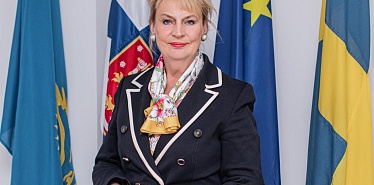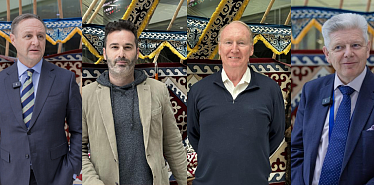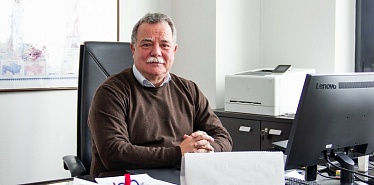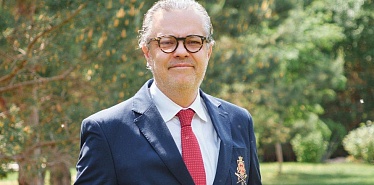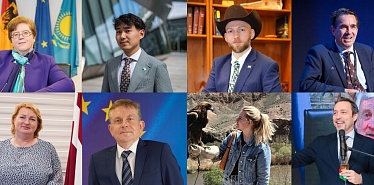Sean McLaughlin, New Jersey, student, @helmet92
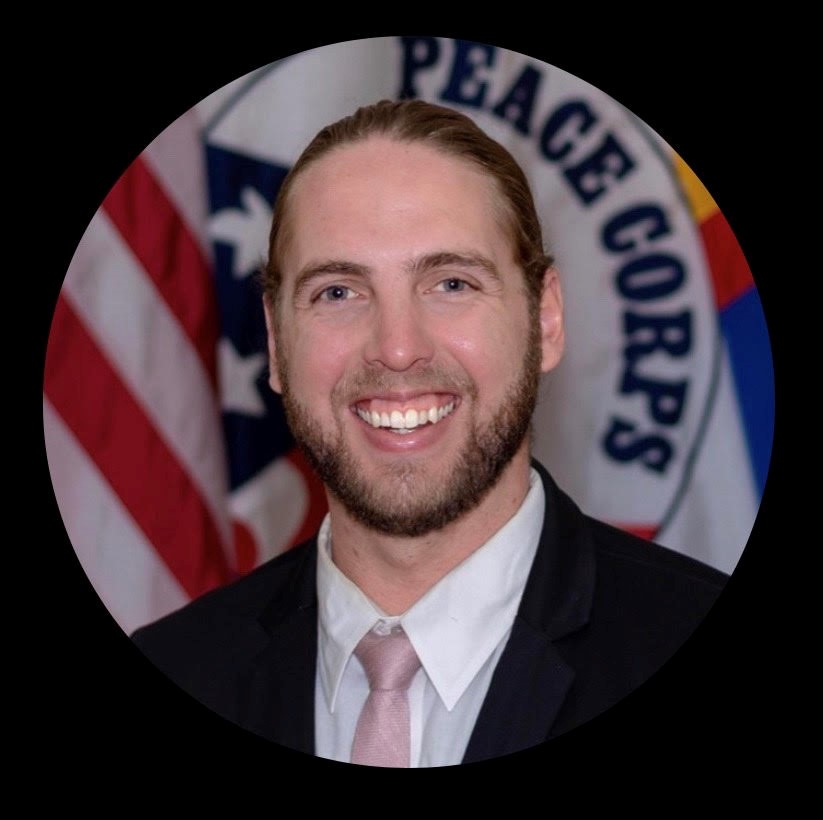
I am from a smaller town in America called Middletown, New Jersey. I currently am enrolled in the Syracuse University Master of Public Administration program. I was serving in Mongolia as a volunteer of the United States Peace Corps. I lived in Mongolia for almost three years, coming to Mongolia in May of 2017 and had to leave in March 2020 due to COVID-19. Peace Corps is a volunteer group through the United States’ government that work at a grassroots level in development work while also participating in cultural exchange. I chose Mongolia as my country of service because I had known the vast nature is beautiful and the adventurer in me want to explore it all. Also, I have always been interested in Mongolian history and culture since high school so it was a dream opportunity.
About first impression
I fell in love with Mongolia almost immediately. I was welcomed in with open arms by my training site host family. They were extremely patient with the language barrier and worked extremely hard to help me grow and adapt to the new lifestyle of Mongolia.
About difficulties
I faced a few major difficulties during my first few months in Mongolia. The language barrier was a tough one as I was still a beginner and was having some difficulties communicating. The second was being so far away from home, before this I had never left America so jumping into a situation like this was tough at times. My last major difficulty was learning how to teach English, that was what my job ended up being for my first two years but it took me some time to adapt the Mongolian school system.
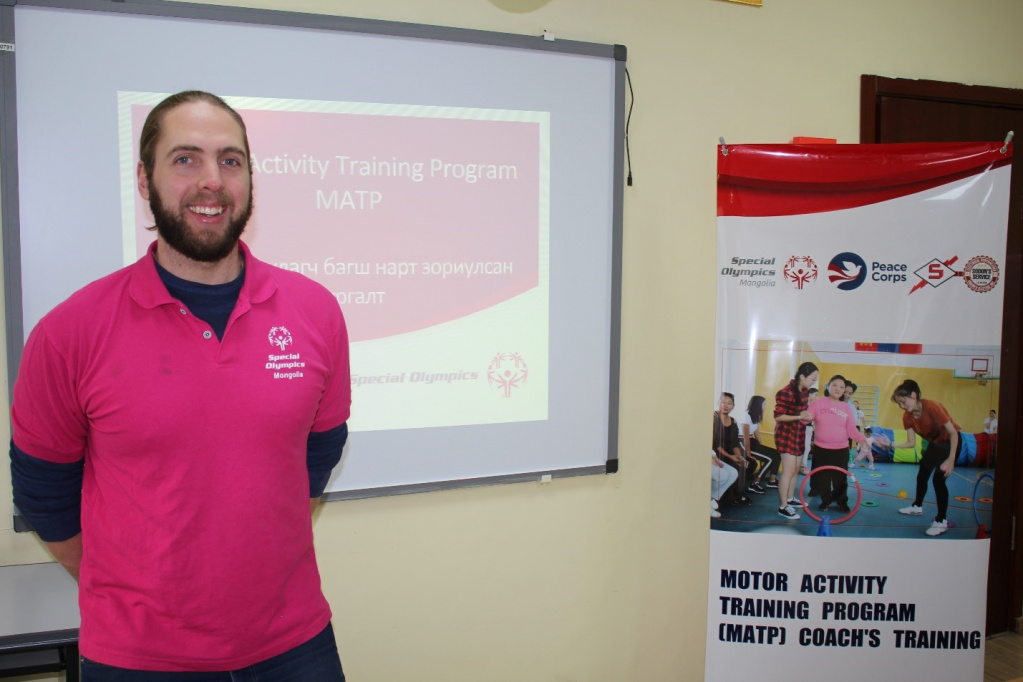
About differences
There were a few major differences between Mongolia and America that I noticed extremely quickly. First of course was the difference in infrastructure; in some of the smaller villages, and even my house where I lived for two years, there is not heating and indoor water. Having to be in charge of my own water supply and heat supply was something I had never needed to do before in my life so that was an eye opening experience for that now I am grateful for. Second was Mongolians are so much more welcoming and friendlier than Americans tend to be. It was so pleasant to always feel welcomed no matter where I was or what I was doing Mongolians would always chat and smile at me. This friendly and welcoming culture was one of the most rewarding things in my service.
About similarities
Overall, daily life culture is not too much different than life in America. Parents wake up go to work, children go to school and holidays are celebrated. While the details of each do differ, the overall routine is common to what you see in America, which was nice when I started working again.
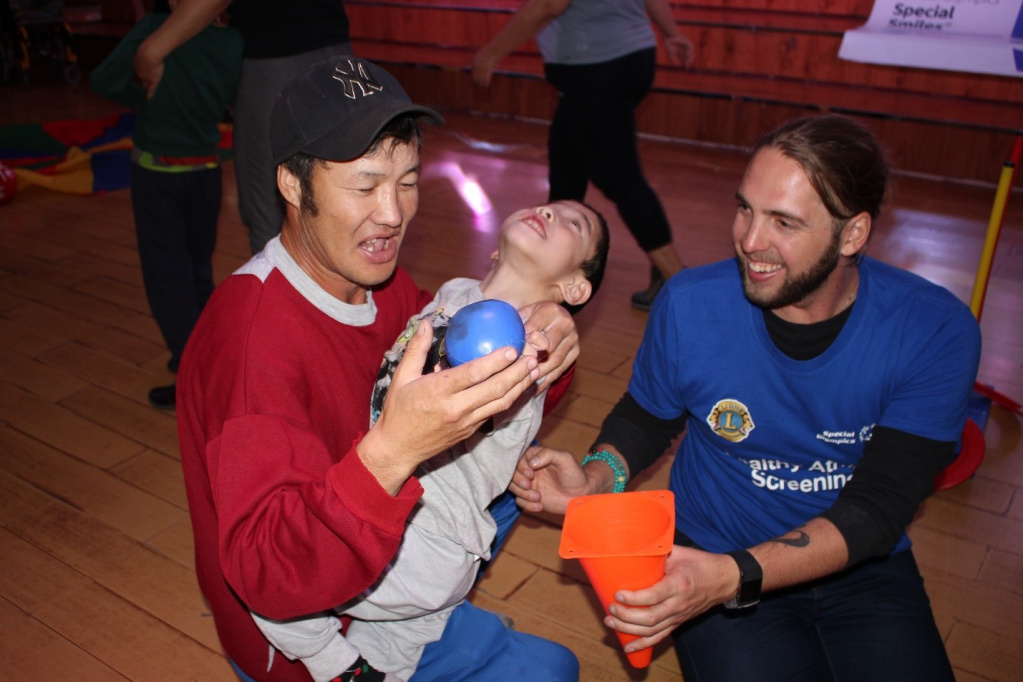
About people
Mongolians live a very relax style of living. People do there work focus on their family and that is the top priority. Time is arbitrary, it is more just making sure you and your family are happy. I think this style of living is so peaceful and allowed me to mentally relax due to the lack of pressure on me.
What I like there
One thing I like about Mongolia that is not in America is the concept of revolving everything around food. I personally love to eat, and it really does not matter what. In Mongolia, no matter what the event or reason why people are gathering there will always be food. Even if you just visit a friend, you will be given tea and candy, or sometimes even a full meal. I think this allows so much room for conversations and bonding that is not always available in America.
Amberlee Bullock, The USA, health worker, @amby_luvshearts1
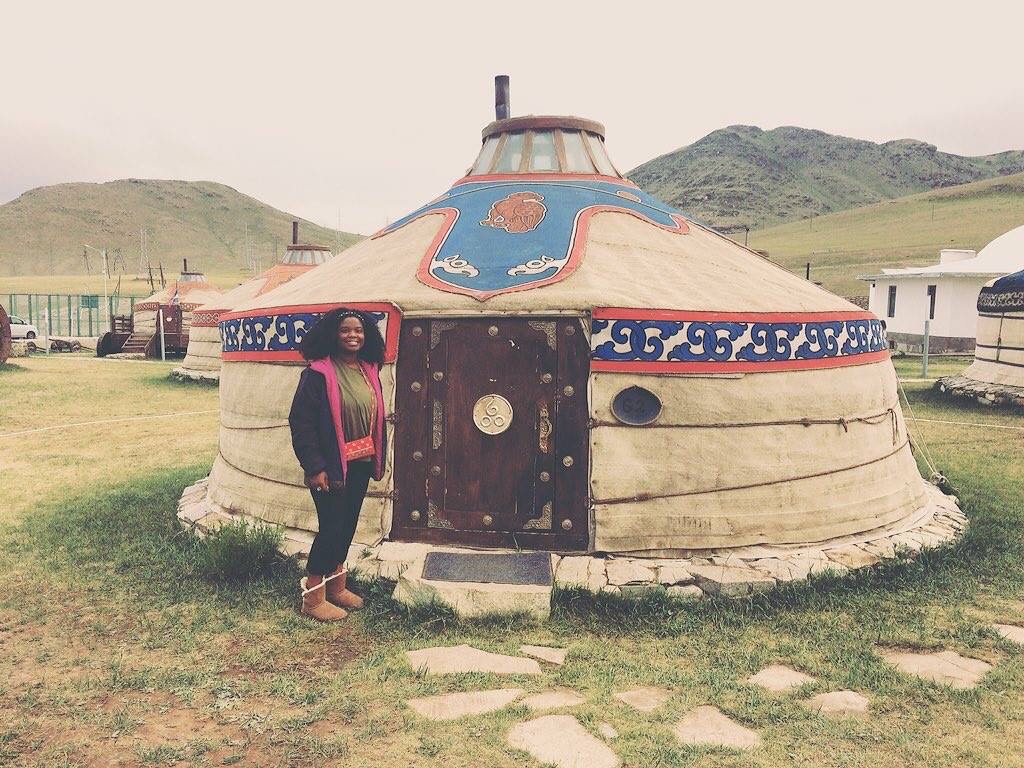
I was a resident of Mongolia for two years. I served as a Peace Corps health volunteer. I worked at a secondary school teaching health education. I worked with teachers, students, and community health workers to promote awareness, healthy choices, behavior changes around nutrition. I always wanted to travel to another country learning about health disparities outside the United States. I enjoy learning new things and meeting new people. I wanted to learn more about Mongolia’s culture and people. Peace Corps was the perfect opportunity for me to explore another country while learning and promoting peace and understanding.
About first impression
My first impression of Mongolia was that it is a beautiful country. I admire the lovely landscape it presents which looks like something from a portrait.
About difficulties
Some difficulties that I faced while in Mongolia was the language barrier. When I first arrived in Mongolia, I was set up with a host family for three months. During the three months, I went through training where I and other fellow volunteers learn Mongolian Language and Culture.
I live in a small soum, village, which forced me to develop language skills. Having language as a difficulty, I did not let my poor language skills stop me from meeting new Mongolian friends and learning more about the language and culture. I wanted the locals to know that I was interested in learning the language and their culture.
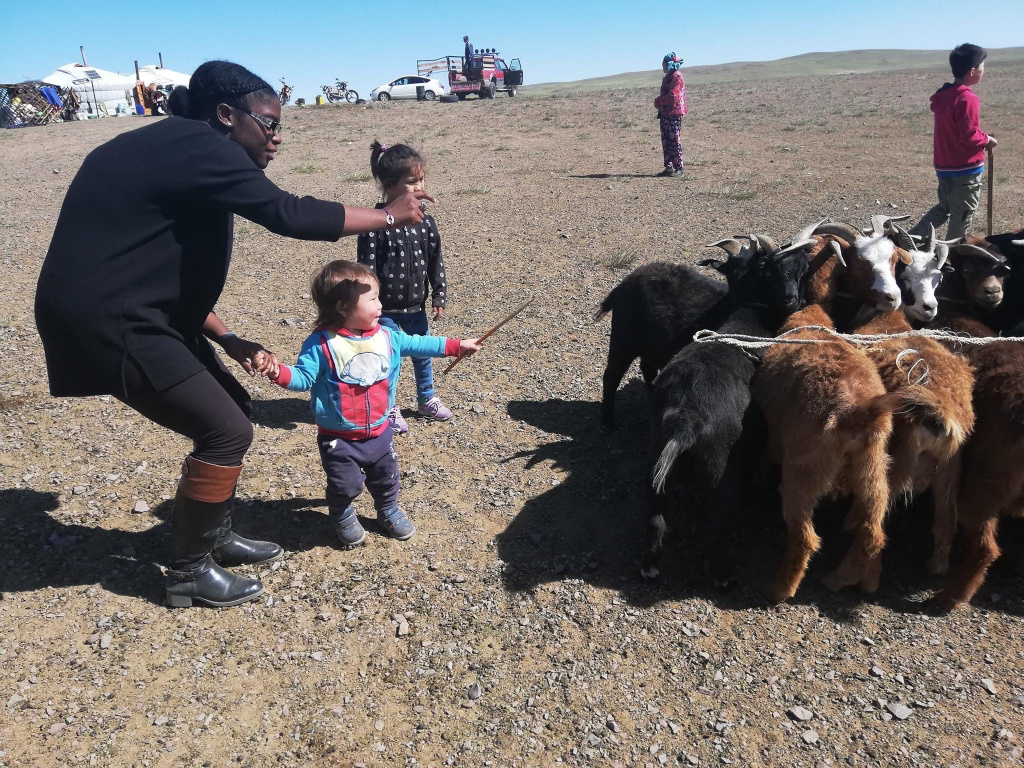
About differences
The biggest difference I noticed was there were certain etiquette and politeness that followed the Mongolian culture. For example in my soum, some customs that I experienced to name a few were: always receive objects with your right hand, accept gifts and food even if you're not hungry, never point at someone with your index finger always with your whole palm instead, when guest come over no matter if they're unannounced, always offer tea or something to eat. These are all customs I had to learn and the locals were generally forgiving if I mess up any etiquette rules.
About similarities
America is one country full of cultural diversity. Because of America's diverse heritage, people from each region in America may have different lifestyles, cultural values, business practices, and dialects. One similarity I can say that The Mongolian culture share with my family is like Mongolians, family is important to my family also. Family is the base of Mongolian culture, which is also the base of my family culture.
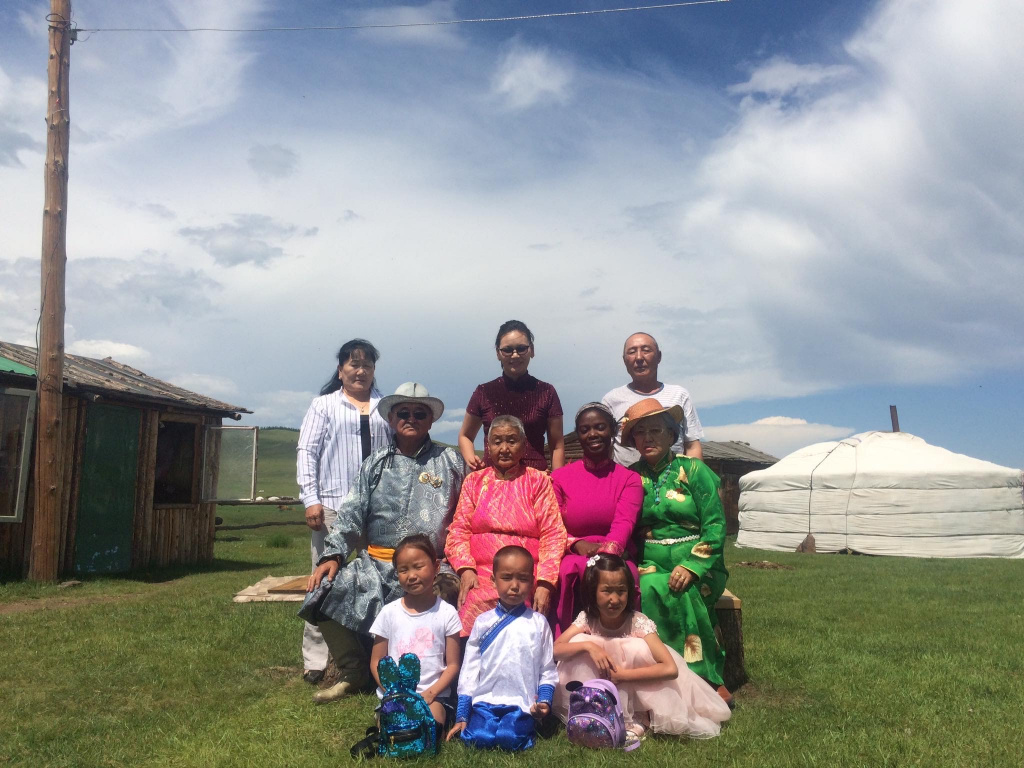
About people
Mongolian people are friendly, intelligent, and laid back people. Mongolia is heavily influenced by the nomadic way of life. Hospitality is very important and real in the countryside of Mongolian nomadic family. When you visit a Mongolian neighbor or family, they will always have small bread pieces, tea, or dairy products ready to be offered to an unscheduled guest.
What I like there
I love many things about Mongolia, one being the hospitality. Mongolians are truly helpful, friendly, and kind people. I will also miss going deep into the countryside with my school or neighbors visiting and staying in a Ger with a Mongolian family. When I would visit a Ger in the Countryside, it was the best way to get closer to the culture of Mongolia. I will also miss the Naadam that happens every year. It is like the Olympic Games but focused on Mongolian sport. There is also Tsagaan, Sar, which is the Mongolian Lunar New Year. I will also miss the nature, a beautiful tall mountain, and a clear blue sky.
I started my service off with a lot of fear, being the only black woman, American in my soum, integrating with the locals, learning a new language, adjusting to new customs. Those things that I was once scared of, made my service memorable. I am thankful for the locals in my soum who helped me and treated me like family. I am always thinking of how eye opening my experience in Mongolia was. Everyone was so welcoming and supportive in my community. I have learned with all the differences, there are similar things we share as human beings.
Tyler Oishi, Northern Virginia, teacher, @ty_yen_sign
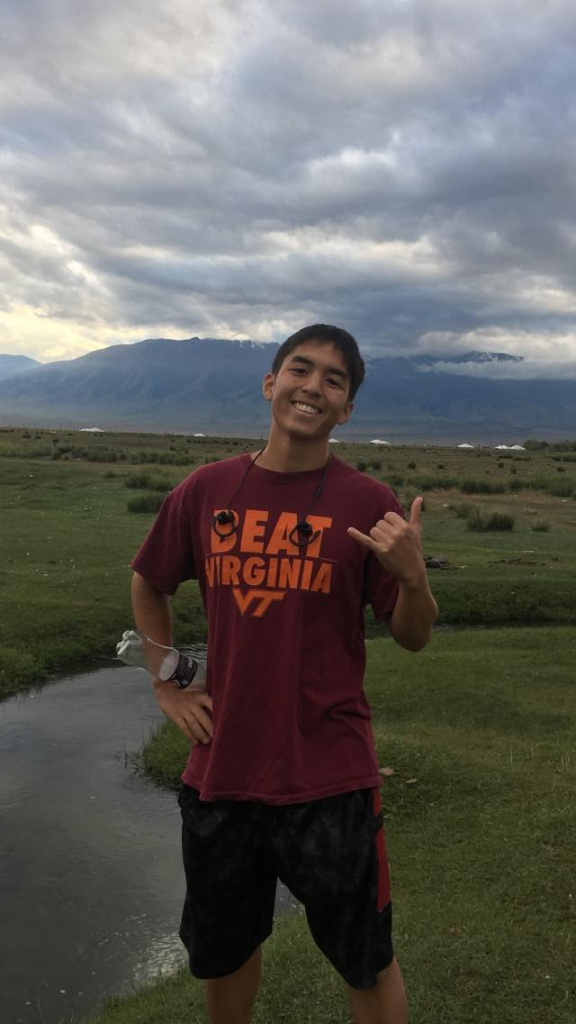
About first impression
My first impression of Mongolia was how wide the country seemed. On our first day during training at a ger camp, we climbed to the top of a small mountain. There I was able to see how expansive the country was, with miles and miles of green hills with no other city or town in sight. Mongolia is the least densely populated country in the world and I experienced this fact from the top of that mountain on my first day in the country.
About difficulties
Besides the language differences, when I first arrived in Selenge for training, the lack of running water and a plumbing system in my community was at first difficult. When I moved to my assigned location of Uvs, it was difficult at first to adjust socially. During training, we were always around other Americans so it was easy to fall back upon a social group. Though there were other PCVs in Uvs, I was the only American in my school and for the most part interacted only with Mongolians. However, after meeting many friends throughout my two years in Uvs, by the end of my service I had a strong social network with people in my community.
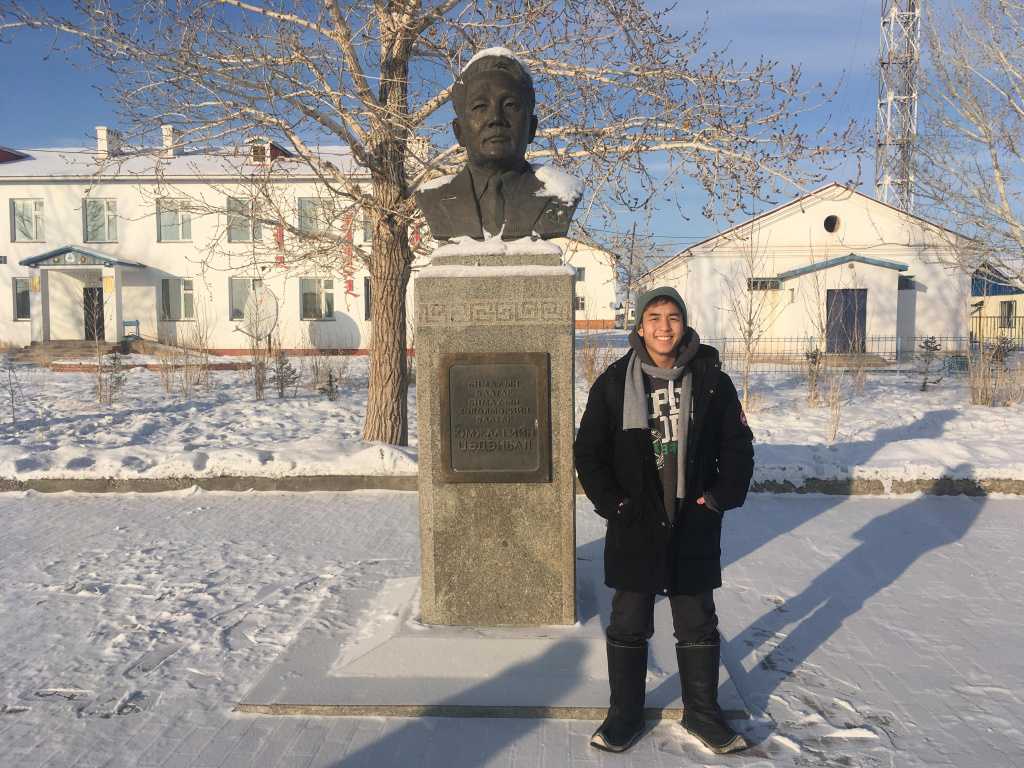
About differences
The biggest difference that I noticed is that Mongolians are very social compared to Americans. People were quick to invite me to their homes, to weddings, or to trips to the mountains or lakes. In the United States, I feel that it would be a little strange to invite someone whom I have just met to my house for tea or to go together with my family to a campsite.
About similarities
Mongolians and Americans are both patriotic. Like many in the United States who are proud to be American, Mongolians are proud to be Mongolian. Naadam was like the American Fourth of July holiday with the amount of patriotism, Mongolian flags and people celebrating their Mongolian culture.
About people
I found that many Mongolians in the countryside found what was important in life. During training, the family that I lived with did not have the same level of material comforts such as internet/Wi-Fi, central heating, or plumbing or entertainment. However, everyone was happy spending time together playing cards or sitting out on the house steps and watching the sunset. Throughout my two years in Mongolia, I asked many people "What are the most important things in life?" A common answer was family.
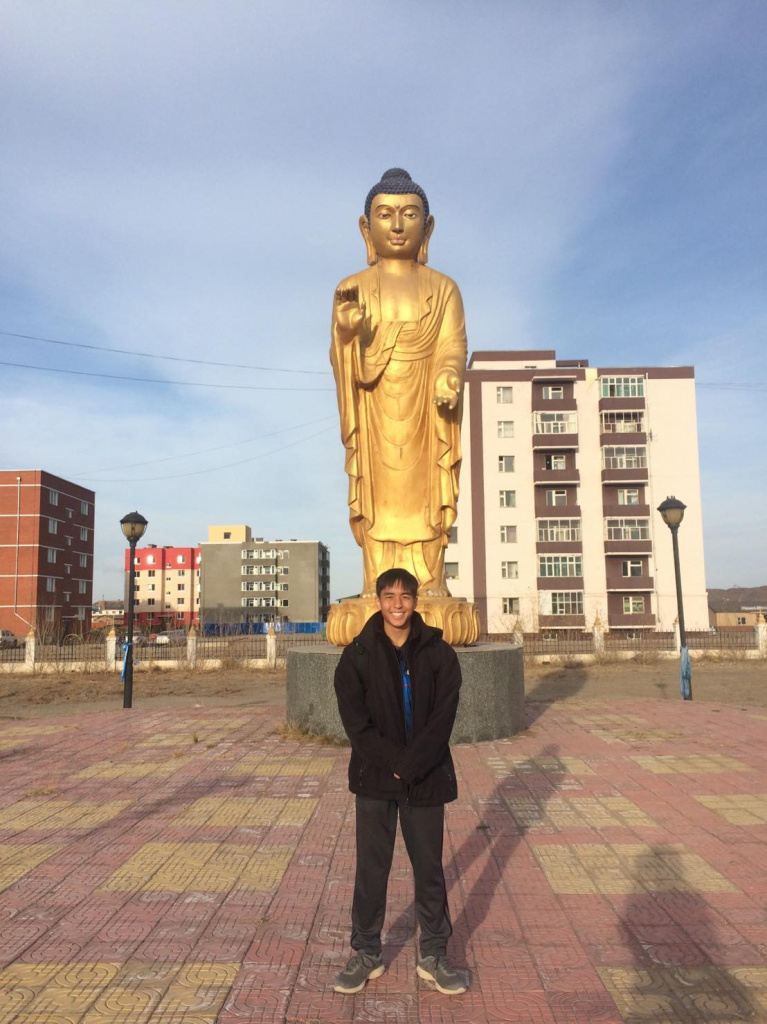
What I like there
In Mongolia, there are wide-open spaces and you can go essentially wherever you wish to go. In the US, we have wide-open spaces, but it is all-private land where you cannot freely roam.
Interesting story
I once had to ride the bus from Uvs aimag to Ulaanbaatar for training. Though we were supposed to fly there, we were forced to take the bus due to a sudden snowstorm. As we hurried from the airport to the bus station, we did not have time to prepare for the bus trip. We arrived at the station as someone said "the bus is leaving now, hurry!" Luckily, there was a small shop at the bus station so I told the other PCV to buy the tickets while I quickly bought two large bottles of water and food. We got on the last two seats in the bus in the very back. The bus ride took a total of 27 hours. I remember looking out the front windshield and seeing the path the bus was taking and thinking, "How do the drivers know where to go" because I could not see a discernible "road". It is strange being on that bus because you lose track of time and space. I fell asleep, woke up, and was still on the bus on that unpaved path. Due to the winter weather, I would wake up and have to detach my jacket from the window, as it would freeze and stick due to the condensation. Around Arkhangai aimag, the road became paved again but there was still another 10+ hours left of the trip. My friend from Uvs once said that when on the bus, you enter a type of meditative state and I can attest to this. It was an unforgettable experience. Though it was difficult, I was able to see areas of Mongolia that I otherwise would not have been able to travel to.








